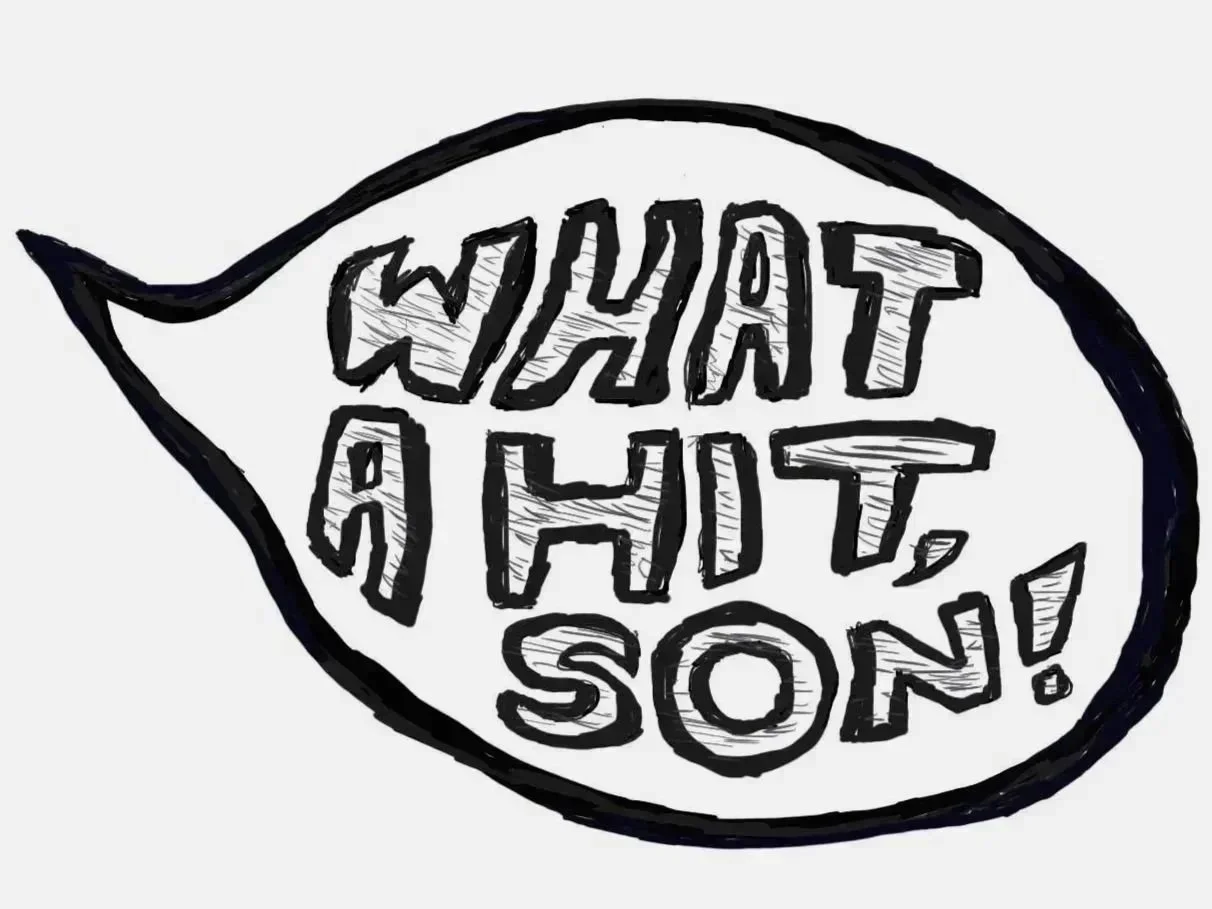limitless collective love
When Diogo and Andre passed away, Alisson Becker wrote, “Once again, an ocean separates me from ‘saying goodbye’ to someone I love,” a nod to his late dad. Ali’s talking about the gulf between this world and the next, the widest there is. But he got me thinking about literal oceans, and how this football club connects people from everywhere, and how we’re all experiencing a collective pain, even if we’re far from Anfield.
I started following Liverpool 20 years ago. It was over for me after the 2005 Champions League Final, The Miracle of Istanbul — the first of many seemingly impossible feats I’d witness. There was something about those crazy bastards in red singing in the stands, down 3-0 at halftime to the best team in the world, that addicted me forever. The lyrics of the songs they sang don’t matter. The message was clear. “We don’t care if you’re getting annihilated. We’re in this with you, no matter what.” That degree of togetherness engendered what happened next and, with a few demoralizing seasons in between, what has happened since.
Miracles.
Suarez’s hat-trick of worldies against Norwich. Lovren rising to nod home against Dortmund. Origi off the bar. Corner taken quickly. Jamie Webster rocking the fan park in Madrid. Alisson flicking one back post. Van Dijk and the kids beating Chelsea to the cup. Bradley crunching Mbappe. Jurgen singing for Arne. Arne singing for Jurgen. Liverpool winning the league, engulfing the city in red smoke, and running the Guinness taps dry.
The fans spur on the players. The players spur on the fans. This give-and-take between stands and pitch has ignited games and led to us sharing the highest of highs, together.
Now, together, we’re sharing the lowest of lows — something that pales in comparison to a poorly timed slip or missing out on a trophy.
Like so many Liverpool fans, I’ve asked myself why the death of Diogo Jota, a guy I don’t know, has affected me so profoundly. Our grief is a grain of sand compared to his family’s beach. But I think the answer is simple enough: it’s because we love these players so much, people who bring us so much joy. People who, once this club has its claws in us, we follow on screen or in person, whatever it takes. We wake up early or stay up late to support the team from across oceans and be part of something bigger than ourselves. Even though we didn’t know Diogo, it’s like we did because of what he made us feel, and how often we felt it.
I’ll miss his clinical finishing, his insatiable urge to talk shit, his pressing, and his clutch gene. I’ll miss seeing him clap the crowd and laugh with his teammates. But his family, friends, and colleagues will just miss him, Diogo the man. It will take a toll that calls for our wholehearted patience and understanding. Unconditional support, as always, is our only role to play.
When we lose good, innocent people, this world becomes a worse version of its former self. And yet, it’s undeniable that the lowest of lows can bring out the best in us. Apathy and pettiness and ego often seem to define us these days, but something this devastating can serve as a reminder that love and dignity and selflessness come naturally to us, too. Anfield is so covered in scarves, pictures, notes, flowers, and jerseys that you can barely see grass. Children have left their favorite toys, even video game controllers. Diogo’s go-to cellies have been mimicked by players from other clubs. The moments of silence and letters of condolences and visits to the ground simply haven’t stopped. All of the football world has paused to show respect and acknowledge the pain those closest to these brothers are enduring. And the modern world very rarely pauses.
Still, the season is just weeks away. The show will go on because it has to. It will be emotional, but if there’s a club that can press on, it’s ours. It will take nothing more or less than what makes Liverpool the club it is. Not talent, or winning, or heritage, but the secret ingredient that has led us to miracles and healed us at the end of storms.
Togetherness. Limitless collective love.
